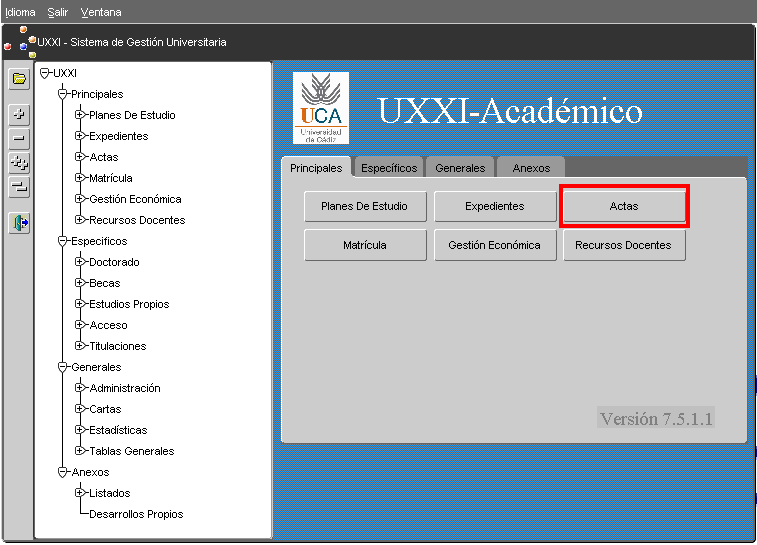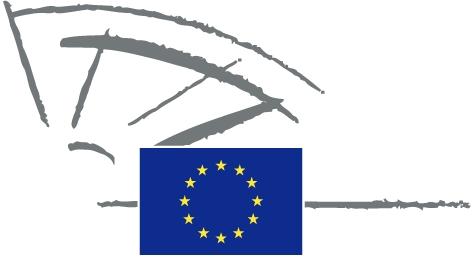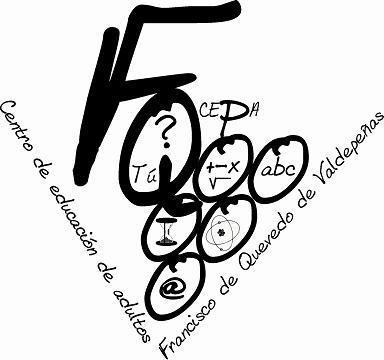confucianism and the five relationships global history and geography i name: ___________________ e. napp date; ___________________ a c
Confucianism and the Five Relationships
Global History and Geography I Name: ___________________
E. Napp Date; ___________________
A Chinese philosopher named K'ung Fu-tzu or Confucius, the Westernized
version, believed that a society could become perfect, if the people
who lived in it exhibited "beautiful conduct." Confucius was born in
551 B.C. He had a government job which he gave up to devote his life
to teaching people how to behave. Today over five million people,
mostly in China and the Far East, practice Confucianism.
Confucius lived during a time of war and disorder. He believed that
his ideas would restore and maintain social order. Confucius strongly
believed in the importance of inferiors listening to and obeying
superiors. He also maintained that there were five critical
relationships in Chinese society. The Five Relationships were emperor
and subject, father and son, husband and wife, elder brother and
younger brother, and friend and friend. In the first four
relationships, there was a superior and an inferior. The superior was
responsible for setting a good example for the inferior and protecting
the inferior. The inferior had to obey the superior. If people did
what they were supposed to do, social order would be restored.
Confucius urged people to follow the traditional ways.
Those who practice Confucianism also believe that the family and
family values are very important. Children are taught to be very
respectful of their parents and are taught to obey their parents. This
belief is called filial piety or a love and respect for one’s parents
and ancestors.
Although Confucius did not write any books, his followers collected
his sayings and later published them in the Analects. Confucius also
accepted the Mandate of Heaven. He believed that if the ruler
benefited and protected his subjects, the people would obey the
emperor and the emperor would continue to hold the Mandate of Heaven
or right to rule.
Questions:
1.
Who was Confucius and when did he live?
________________________________________________________________________________________________________________
2.
What are the Five Relationships?
________________________________________________________________________________________________________________
3.
What responsibilities do superiors and inferiors have?
________________________________________________________________________________________________________________________________________________________________________
4.
How is order maintained according to Confucius?
________________________________________________________________________________________________________________________________________________________________________
5.
What is filial piety and why is it important in Confucianism?
________________________________________________________________________________________________________________________________________________________________________
6.
Why did Confucius accept the Mandate of Heaven?
________________________________________________________________________________________________________________________________________________________________________
7.
What are the Analects?
________________________________________________________________________________________________________________
Confucianism had a strong impact on the development of China mainly
because this
Philosophy
(1) established a basic structure for military rule
(2) provided a basis for social order
(3) contained the framework for a communist
government
(4) stressed the importance of the individual
Which belief is most closely associated with the philosophy of
Confucianism?
(1) nirvana (3) prayer
(2) reincarnation (4) filial piety
According the teachings of Confucius, the key to the successful
organization of society is that
1.
the ruler should be chosen democratically
2.
the evil in humans must be eliminated
3.
ancestor worship should be discontinued
4.
individuals should know and do what is expected of them
In traditional Chinese culture, which philosophy had the greatest
influence on the development of social order and political
organization?
1.
Taoism
2.
Shintoism
3.
Confucianism
4.
Marxism
The teachings of Confucius encouraged people to
1.
put their own interests first
2.
reject government authority
3.
believe in reincarnation
4.
follow a code of moral conduct
The Master said, "A youth, when at home, should behave well toward his
parents, and when abroad, respectfully to his elders. He should be
earnest and truthful. He should overflow in love to all, and cultivate
the friendship of the good. When he has time and opportunity, after
doing those things, he should study the polite arts."
The Master said, "With coarse rice to eat, with water to drink, and my
bended arm for a pillow, I still have joy in the midst of these
things. Riches and honors acquired by unrighteousness are to me as a
floating cloud."
Zhonggong asked about perfect virtue. The Master said, "When abroad,
behave to everyone as if you were receiving an important guest; treat
people as if you were assisting at a great sacrifice; do not do to
others as you would not wish done to yourself. Thereby you will let no
murmuring rise against you in the country, and none in the family. . .
."
The following excerpt is from the Analects. Summarize Confucius’
teaching in the space provided:
________________________________________________________________________________________________________________________________________________________________________________________________________________________________________________________________________________________________________________________________________________________________________________________________________________________________________________
The Master said, "Anyone learning without thought is lost; anyone
thinking but not learning is in peril." The Master said, "Yu, shall I
teach you what knowledge is? When you know a thing, to realize that
you know it; and when you do not know a thing, to allow that you do
not know it: this is knowledge."
________________________________________________________________________________________________________________________________________________________________________________________________________________________________________________________________________________________________________________________________________________________________________
Word Bank:
Five, Order, Superiors, Inferiors, War, Traditional, Analects,
Confucius, Women, Filial Piety, Mandate of Heaven
 2.3%20Integrated%20Pest%20Management%20and%20Forest%20Health%208-5-05
2.3%20Integrated%20Pest%20Management%20and%20Forest%20Health%208-5-05 HOSPITALIZACIJA I PRAĆENJE PACIJENATA NA ORTOPEDSKOJ KLINICI ORTOPEDSKA KLINIKA
HOSPITALIZACIJA I PRAĆENJE PACIJENATA NA ORTOPEDSKOJ KLINICI ORTOPEDSKA KLINIKA ANKIETA (ZAJĘCIA DLA DZIECI I MŁODZIEŻY) IMIĘ I NAZWISKO
ANKIETA (ZAJĘCIA DLA DZIECI I MŁODZIEŻY) IMIĘ I NAZWISKO ACTUALIZACIÓN DE DATOS DEL PROFESORADO RESPONSABLE DE GESTIÓN DE
ACTUALIZACIÓN DE DATOS DEL PROFESORADO RESPONSABLE DE GESTIÓN DE DATE AS POSTMARKED DEAR PATIENTS MERGER OF THE BOULEVARD
DATE AS POSTMARKED DEAR PATIENTS MERGER OF THE BOULEVARD PLAN FORMATIVO INFORMACIÓN POR ACCION DE FORMACIÓN MAS EMPLEO
PLAN FORMATIVO INFORMACIÓN POR ACCION DE FORMACIÓN MAS EMPLEO EUROOPAN PARLAMENTTI 2009 2014 COMMISSION{TRAN}LIIKENNE JA MATKAILUVALIOKUNTACOMMISSION REFPROC20130303REFPROCREFTYPEPROC(COD)REFTYPEPROC
EUROOPAN PARLAMENTTI 2009 2014 COMMISSION{TRAN}LIIKENNE JA MATKAILUVALIOKUNTACOMMISSION REFPROC20130303REFPROCREFTYPEPROC(COD)REFTYPEPROC LENGUA MODULO III ESPAD CURSO 201213 – 2º CUATRIMESTRE
LENGUA MODULO III ESPAD CURSO 201213 – 2º CUATRIMESTRE Adult Development Plan State Form no Workplan Purpose (
Adult Development Plan State Form no Workplan Purpose ( NATIONAL DISABILITY AUTHORITY RESOURCE ALLOCATION FEASIBILITY STUDY FINAL REPORT
NATIONAL DISABILITY AUTHORITY RESOURCE ALLOCATION FEASIBILITY STUDY FINAL REPORT